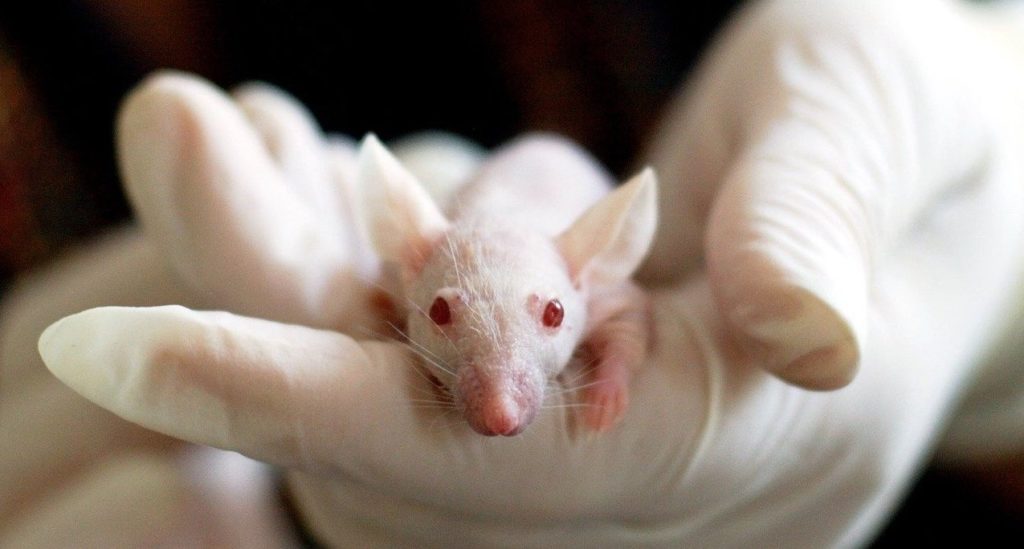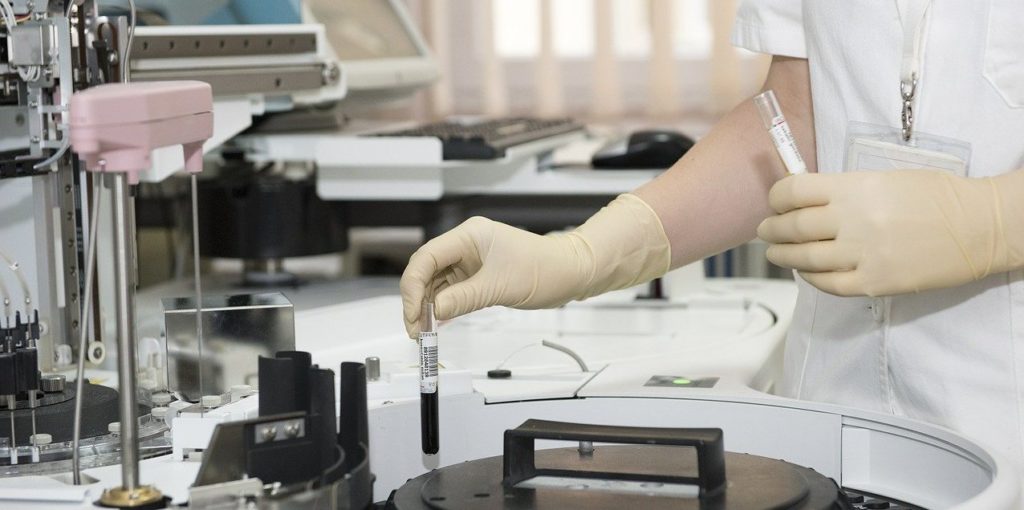
Ph.D. admission requirements are first considered when you decide to earn your degree, right? After all, without the proper work experience or previously earned degrees, there’s no need to apply for a Ph.D. or Doctoral program. Here’s the scoop on what you should expect.
A Ph.D. program graduate is perceived as an expert in the field. From this point, apart from independent certifications, you can only add more experience to your resume.
If you are interested in pursuing a doctorate degree, make sure to research all Ph.D. programs available in your area of study and their specific requirements, as they may vary significantly. It is vital to conduct research, as most universities and other institutions do not advertise their doctorate programs; your responsibility is to find them.
How Long Does It Take To Get a Degree in Business School?
If you are a current student, your college may be able to give you information about the Ph.D. programs and the degree program requirements as a prospective student.
There is a high chance that your university has its own on-campus, online distance learning, or hybrid program, and it is a great place for a student to start searching for the perfect Ph.D. offer for themselves. Do not hesitate to ask around and seek advice; talk to your academic adviser (who is most likely a doctorate degree holder as well) and current Ph.D. students in your faculty.
Use your knowledge and experience to make a good, thorough plan for pursuing your own doctor of philosophy diploma. It should not be taken lightly, but it is worth sacrificing your time on.
Admission Requirements

All doctorate programs have admission requirements, which may vary significantly depending on the institution you’re applying to.
You must start by determining the eligibility criteria and degree requirements to check if you should even bother applying. One of the most important things that will undoubtedly be considered is your previous degrees; most Ph.D. students are both bachelor’s and master’s degree holders who have already attended a graduate program.
Both of these degrees and their core courses should also be somehow related to the area of study you want to pursue during your doctorate program.
It is a common practice for Ph.D. students to continue the work they have begun during their master’s. Nevertheless, do not limit yourself, ever. If you have completed your previous degrees in some fields, but you feel the urge to pursue something different and have an exciting idea, why not explore a Ph.D. program?
However, a doctoral program is much more than continuing your previous degrees. While bachelor’s and master’s degrees are more about learning, passing the exams, and completing courses, the highest education refers to exploration; you need to broaden the topic significantly by supplementing it with an original idea to become a doctor of philosophy.
Your Ph.D. work needs to be unique, and all the classes you’re taking should be carefully chosen to help you begin research.
While both a bachelor’s and master’s degrees are necessary for you to obtain a doctorate, it is not very rare for doctoral students (who already are bachelor’s degree holders) to earn their master’s degree midway through their doctoral program.
If you indeed are an exceptional student, full of ideas and determination as a student, and you can work hard, it is worth trying to apply to a Ph.D. program after completing your bachelor’s degree.
Apart from the documentation of your previous degrees, grades, qualifying exams, and completed courses, you will usually be required to submit other documents, such as transcripts of your studies and experience, as well as purpose statements.
Academic transcripts are detailed papers documenting all your work during previous degrees, including the specifics of modules you had chosen to study and the grades you were awarded.
A purpose statement is precisely what its name suggests – it states the purpose of your studies, the origin of your interests, your plans for the academic future, and more.
With this paper, you need to explain to your chosen institution why you want to pursue a doctorate degree, why you picked their specific program, and why they should choose you from many other applying students.
A good purpose statement should present you as a valuable candidate, so make sure to include everything that may be relevant; these are not only university-related activities but all extra-curricular achievements and interests.
Remember that Ph.D. students should be well-rounded. While you specialize in a particular topic, you should be knowledgeable in many more as a graduate student.
Some universities may also require you to submit letters of recommendation. Your previous teachers and professors should usually write these in related departments, as well as employers if you have worked a job related to the field of study.
You can also provide your chosen institution with a research statement (a much more straightforward piece than a research proposal that needs to be submitted later) to give the overall sense of what you want to explore during your doctorate study while conducting research.
Then, you may be asked to supplement your application with a writing sample, usually a piece on a specific topic or an essay that will be discussed during an interview.
Additionally, if English is not your first language, you must provide a certificate or pass a language test.
Why Should You Get a Ph.D.?

The most important reason to apply to a doctorate program is your motivation. If a Ph.D. is something you want and you think you will excel in it, there is no reason why you shouldn’t pursue a doctor of philosophy.
US graduate programs are usually longer than those in Europe and other places worldwide. Still, it only gives you more time to research your topic, take advantage of academic resources, get to know the field, make connections, and truly immerse yourself in the academic world.
Your knowledge and understanding of the subject may get broader, which can be highly fulfilling, but only if you are genuinely interested in what you are doing.
There are many benefits to becoming a Ph.D. holder. A Ph.D. will make you an unquestionable expert in the field of study. You will gain recognition and the possibility to continue with your research as a regular scientific worker in your field during your career.
If you leave the academic environment, your potential salary will also be higher, considering that you will be a specialist with a diploma of the highest level. For those who may need them, replacement diploma and degree copies can serve as useful documents for job applications or professional purposes.
How Long Does It Take to Get a Ph.D.?

Depending on the area of study, a doctorate program takes about three to eight years to complete. Each student needs to finish their coursework and pass all written examinations required by their individual doctorate program.
If the graduate study program director agrees, your master’s degree may be counted as a part of your Ph.D. residency requirements. It all depends, logically, on what you have studied during your master’s program and how closely it is related to what you’re doing during your doctorate.
What is more, a Ph.D. is a doctorate program revolving around research. Therefore, how long it will take to get your degree depends on how fast you will be with your dissertation work. Conducting research takes an indeterminate amount of time. It takes however long it takes.
First, you have to make a dissertation proposal, and you can only proceed with the work when all Ph.D. general and departmental requirements are met and everything is officially accepted. Satisfactory completion is a precondition for starting your work.
During your studies, you must conduct your own research, analyze it, and write your thesis about the whole process, its results, and your conclusions. Through your dissertation, you will have to produce and present new or original, evidence-based research, of which you need to assert full knowledge and authority. Your academic coach or advisor will guide you through the process and assess your progress, but it needs to be 100% your own.
All doctorate programs have their own methods to evaluate their students, track their progress, and assess their status. So the duration of pursuing a doctorate degree is an individual matter, affected by many different factors.
Finally, you will have to successfully defend your dissertation in front of a panel consisting of a committee of specialists in their fields of study. Ultimately, the results of the defense of your dissertation will determine whether or not you will graduate and get a Ph.D.
It is important to remember that at the end of your doctorate program, only your research work will be judged. Yes, you need to have all your courses and exams completed and passed to achieve the minimum GPA requirement, but they won’t affect the outcome.
Check this out: Getting a Ph.D. in the USA: A Complete Guide for International and Domestic Students
How Difficult Is It to Get a Ph.D.? Can Anyone Do It?

It is not because of a lack of interest and trying that Ph.D. holders constitute only around 1% of the population. A doctorate is not for everyone. It is a difficult process that can only be completed by the best of the best in their field – the most determined, pushing, ambitious and talented academics.
Working at a university or another institution where you pursue a Ph.D. is not a regular job. It never was and never will be a “9-to-5” arrangement, especially if you are involved in some prolonged, advanced research. You need to consider that you will probably work in the evenings, during weekends and holidays. Many Ph.D. students even take their work on vacation – you must manage your time well when you combine research with classes, exams, writing, and teaching.
And it is not only about the workload; when you pursue a doctorate degree, you most probably work on something you are passionate about. In this case, it is always more difficult to maintain a work-life balance.
You will also be expected to perform various tasks that you have never done before, such as attending conferences and presenting your research, reviewing your peers’ manuscripts (and the other way around), writing scientific texts, or applying for grants. These are skills that you absolutely need to acquire, but you will probably learn them as you go.
Because no one includes them in lower degree programs, Ph.D. students have to look for courses on their own, seek advice from their more experienced colleagues, or simply learn through trial and error, which can be irritating and extremely frustrating.
So before you even start thinking about applying to a doctorate program, make sure you have what it takes to follow through. Otherwise, you will only waste your time, money, and other valuable resources.
When Is the Best Time to Earn a Ph.D.?

There is no universal answer to this question. It is not about time as much as it is about your certainty. You need to be sure that it is something that you want to pursue and have chosen well and that you are ready for sacrifices. If you are passionate about your area of study and have an interesting idea to explore within it, you can start researching doctorate programs.
However, it may be a good idea to wait a little bit after you have gained your bachelor’s or master’s degree. A short break from studying spent on work or exploration may give you a very much-needed perspective.
You may discover that you actually prefer doing something else, or on the contrary, you will simply be confirmed in your pursuit of a Ph.D. And even if you don’t change your mind, the details of your research doctorate may shift – maybe you will discover a new, more interesting angle to look at the subject.
It is actually quite usual for people to start their research doctorate program after even years of working. They often base their research and dissertation on their field experience that can only be gained outside the university. Some areas are better explored on-hand, such as many medicine-related topics or practical engineering.
In Conclusion

Any graduate student can tell you that getting a Ph.D. is long and arduous. Even the most determined students can become overwhelmed and demotivated by the degree requirements, especially when conducting research takes longer than anticipated. However, it is an academic feat that no more than 1% of the population has achieved.
So, if you are passionate about academic work and your chosen topic, try not to get discouraged. And then, you will bid this adventure farewell, and congratulations will definitely be in order before you decide how to proceed with your career.
Additional Resource: 25 of America’s Most Popular Ph.D. Degrees
